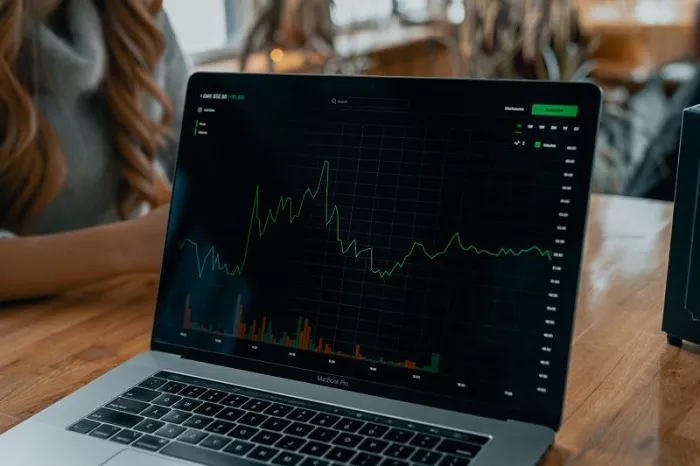Asian currencies hit their lowest level against the dollar in nearly two decades, while equities experienced mixed performance amid thin holiday trading and investor caution. Mainland Chinese and Hong Kong markets edged lower alongside U.S. futures. Japan’s Topix declined in its first session after a prolonged break, with Nippon Steel Corp. falling sharply after U.S. President Joe Biden blocked its $14.1 billion bid to acquire United States Steel Corp. In contrast, indices in South Korea and Australia posted gains.
The Japanese yen led losses among Group-of-10 currencies, while the Australian and New Zealand dollars emerged as strong performers. China reinforced its commitment to stabilizing the yuan, maintaining its daily reference rate after the currency breached a critical threshold on Friday.
Investor sentiment in Asia remains cautious, largely shaped by mounting U.S.-China trade tensions. Although optimism around Beijing’s economic stimulus, monetary easing, and advancements in artificial intelligence may drive markets higher, the specter of tariffs could dampen momentum.
“We anticipate policymakers across most Asian economies will implement interest rate cuts in 2025,” analysts from Goldman Sachs, including Andrew Tilton, stated in a note. “Japan remains an exception, where sustained reflation is likely to prompt further rate hikes this year.”
Taiwan’s Hon Hai Precision Industry Co., better known as Foxconn and a key supplier to Nvidia Corp. and Apple Inc., climbed for the first time in six sessions. The surge followed better-than-expected revenue, reflecting continued robust demand for AI infrastructure.
In China, services activity expanded at its fastest pace since May, according to a private survey, signaling a rebound in domestic demand following Beijing’s recent stimulus measures. Additionally, upcoming reports on Thai inflation and Vietnamese industrial production are expected to provide further economic insights.
Other global developments include Israel’s central bank decision on interest rates, alongside key data releases such as German inflation and U.S. factory orders.
In South Korea, a court dismissed an appeal related to an arrest warrant for impeached President Yoon Suk Yeol, as reported by local media.
In the U.S., Federal Reserve Governor Lisa Cook is scheduled to speak at a conference on law and microeconomics at the University of Michigan. Meanwhile, Richmond Fed President Tom Barkin expressed support on Friday for maintaining restrictive monetary policy, aligning with Fed Chair Jerome Powell’s hawkish stance in December.
President Joe Biden, in a significant policy move, is set to ban new offshore oil and gas exploration across 625 million acres of U.S. coastal areas. This includes prohibiting drilling rights sales in the Atlantic, Pacific, and the eastern Gulf of Mexico, emphasizing a shift toward environmental conservation.
The interplay of global economic signals and policy developments leaves investors navigating an uncertain path, particularly amid persistent questions surrounding U.S. interest rates and geopolitical tensions.
Related topics:
U.S. Bank Reserves Hit Lowest Since 2020 Amid Fed’s QT Efforts
AUD/USD Bounces Back, Holds Firm Around 0.6200


